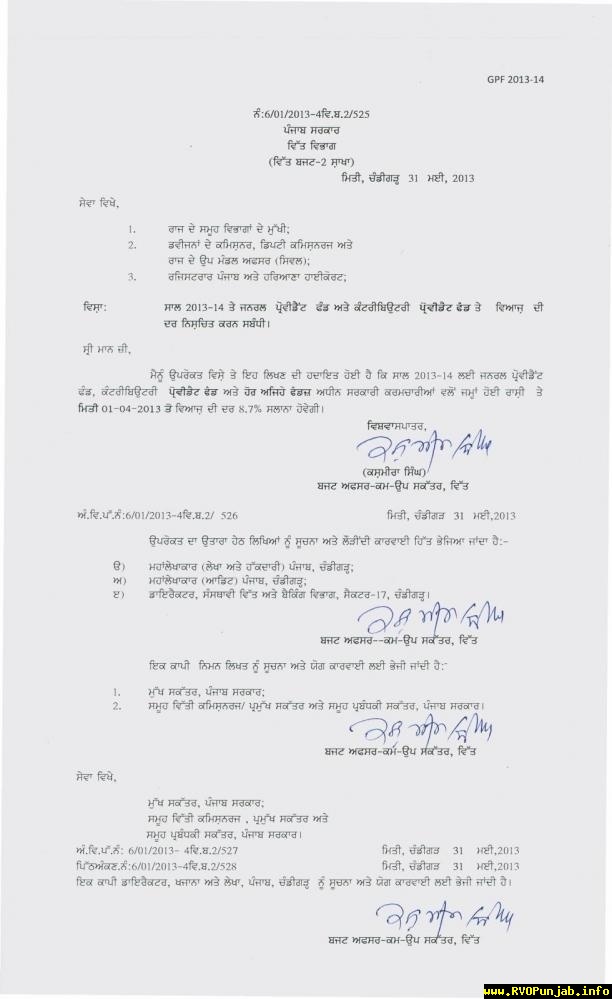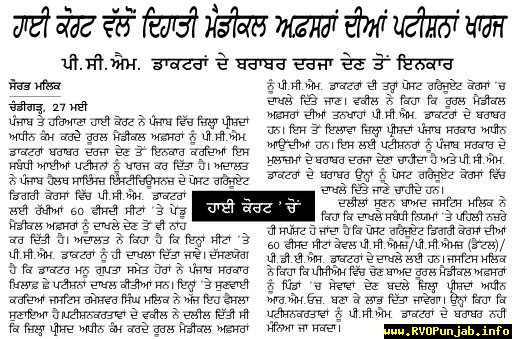In a ruling that would discourage the state governments to give employment through back door by engaging workers on daily wages or contract, the Supreme Court has held that such employees would not be entitled to salary equal to those of regular employees recruited through a due selection process laid down under the law.
Deciding a bunch of appeals by the Haryana Government against the Punjab and Haryana High Court judgment holding that employees once recruited irrespective of the selection process, were entitled to “equal pay for equal work” under Article 14 of the Constitution.
The apex court further held that the employees engaged on contract for a specific job, could not claim regularisation, as their service would be strictly guided by the terms and conditions of the contract.
The Haryana Government, which itself was responsible for giving back-door employment to hundreds of persons by engaging them on daily wages and contract in Class III and IV grades in various departments over the years, had moved the Supreme Court, challenging the High court order.
Setting aside the impugned judgment, a Bench of Mr Justice S N Variava, Mr Justice A R Lakshmanan and Mr Justice S H Kapadia took exception to the High Court deciding all the cases in a “mechanical” manner. “The principle of equal pay for equal work has no mechanical application in every case,” the Bench ruled.
The Supreme Court said “Article 14 permits reasonable classification based on qualities or characteristics of persons recruited and grouped together, as against those who were left out... the very fact that those employees who have not gone through the process of recruitment may itself in certain cases, make a difference... even though the persons may do the same work, their quality of work may differ.”
“Where persons are selected by a selection committee on the basis of merit with due regard to seniority, a higher pay scale granted to such persons who are evaluated by the competent authority cannot be challenged,” it said.
The Bench said for the application of the principle of equal pay for equal work, the courts had to consider various dimensions of a given job. “The accuracy required and the dexterity that the job may entail may differ from job to job. It cannot be judged by the mere volumes of work,” it observed.
The court said reliability and responsibility towards the job of a persons coming through a legally laid down selection process would be more than those engaged on daily wages or contract.
Since many of the daily wage employees were regularised while the case was pending in the High Court and the Supreme Court, such workers had claimed back wages with arrears, therefore, the apex court referred all cases back to the High Court with a direction that each and every matter should not be decided in a “mechanical” manner.
“These are not matters where a writ court can lightly interfere,” the Bench said adding, “In all these cases, we find that the High Court has blindly proceeded on the basis that the doctrine of equal pay for equal work applies without examining any relevant factors.”
Laying down guidelines to the High Court how to proceed with these cases, the apex court said it must satisfy itself that the work discharged and the condition of service of a daily wager was equal to that of regular employees, if at all a case was made out for grant of relief.
Regarding contract employees, the Bench said that the High Court had to take into consideration the terms and condition of the contract.







